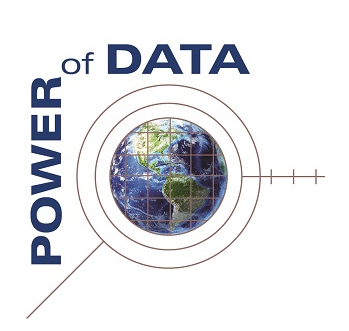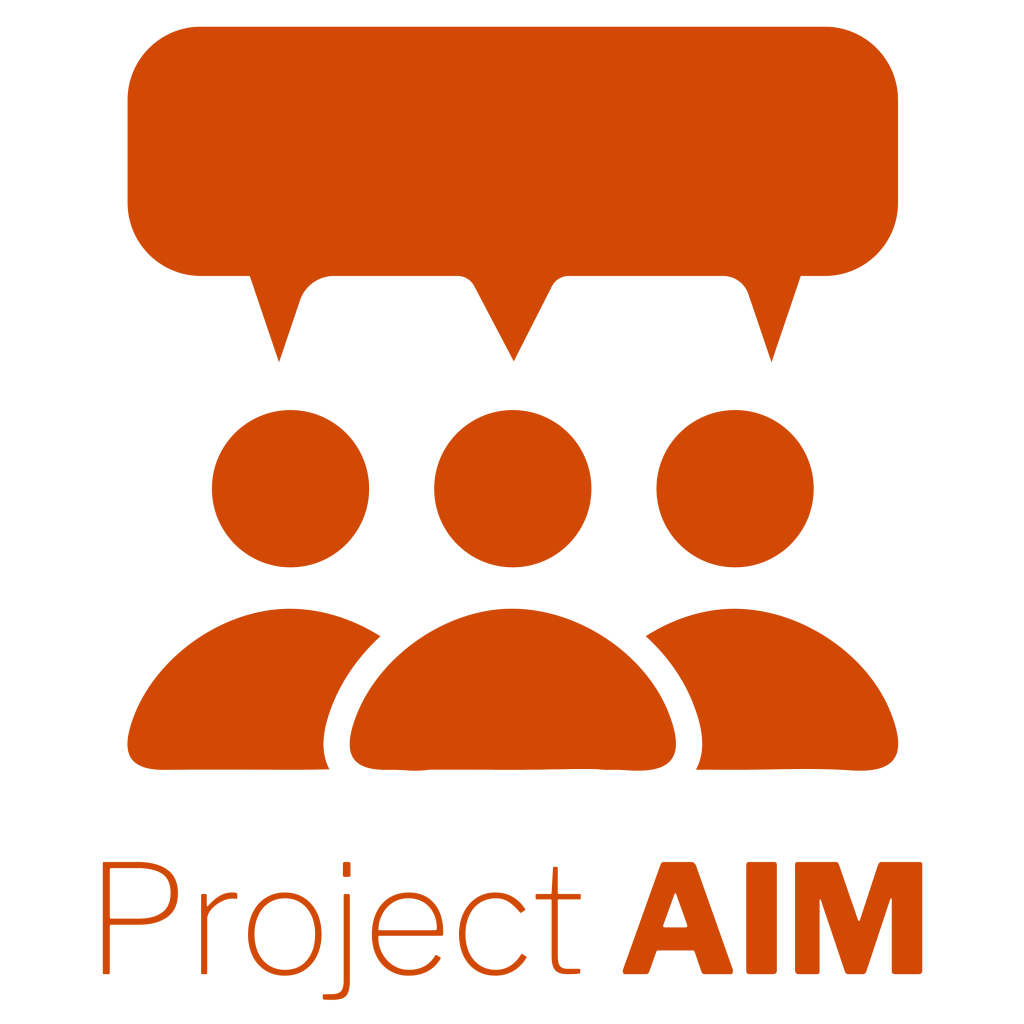Curriculum and Community Enterprise for New York Harbor Restoration in New York City Public Schools
This project will develop and test a model of curriculum and community enterprise to address that issue within the nation's largest urban school system. Middle school students will study New York harbor and the extensive watershed that empties into it, and they will conduct field research in support of restoring native oyster habitats.

